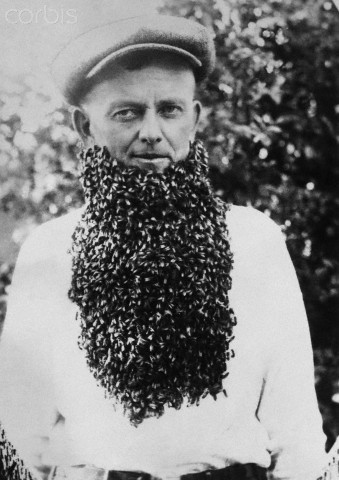Cell phones proliferated in the early aughts in America just as Colony Collapse Disorder began to claim large swaths of our bee population, and some thought perhaps there was a connection. But it was just correlation, not causation. Bees seem instead to be stressed by nicotine-derived pesticides and other still-to-be-determined factors. From Dina Spector at Business Insider, an article about RoboBees, one proposed solution to the problem but probably not the best one:
“Honeybees, which pollinate nearly one-third of the food we eat, have been dying at unprecedented rates because of a mysterious phenomenon known as colony collapse disorder (CCD). The situation is so dire that in late June the White House gave a new task force just 180 days to devise a coping strategy to protect bees and other pollinators. The crisis is generally attributed to a mixture of disease, parasites, and pesticides.
Other scientists are pursuing a different tack: replacing bees. While there’s no perfect solution, modern technology offers hope.
Last year, Harvard University researchers led by engineering professor Robert Wood introduced the first RoboBees, bee-size robots with the ability to lift off the ground and hover midair when tethered to a power supply. The details were published in the journal Science. A coauthor of that report, Harvard graduate student and mechanical engineer Kevin Ma, tells Business Insider that the team is ‘on the eve of the next big development.’ Says Ma: ‘The robot can now carry more weight.’
The project represents a breakthrough in the field of micro-aerial vehicles. It had previously been impossible to pack all the things needed to make a robot fly onto such a small structure and keep it lightweight.”
_________________________
“Hello Doug. Would you personally miss bees if they disappeared?”
Tags: Dina Spector, Kevin Ma, Robert Wood



